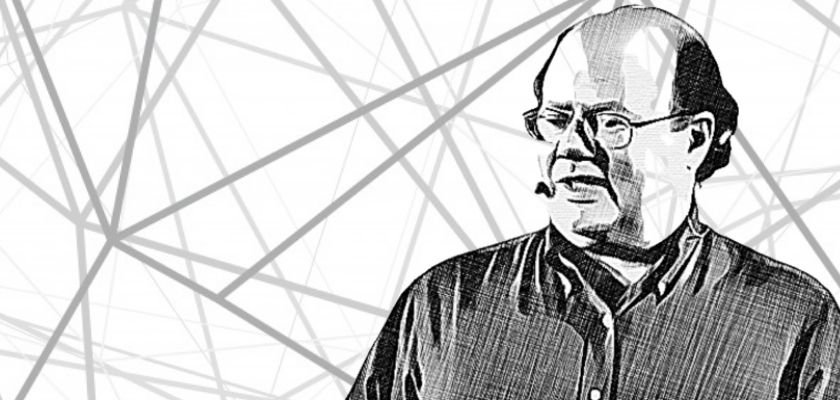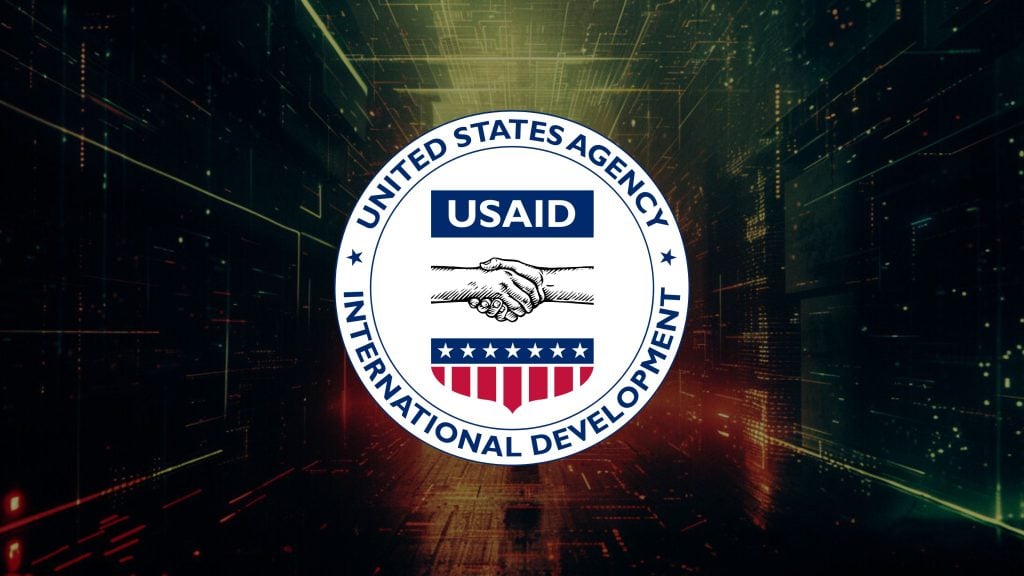In 2001, an entirely different digital age, still hopeful and still in many ways in its infancy, Larry Sanger was working on co-founding Wikipedia, one of the largest projects on the internet.
And the state of the digital world he and the rest of humanity are waking up to every day now has given him enough cause for concern to motivate his “Declaration of Digital Independence.”
The document details all the things that have gone terribly wrong over the years as the tech industry has positioned itself at the inextricable core of global economies and societies.
Sanger also lays out proposals on how to address these deep flaws and fix them – considering the situation and speaking from the point of view of an online pioneer, who has seen the new digital age dawn and take its current shape.
He observes that enthusiasm for what would become tech giants and their technologies and even their business models – exploitative of users and their privacy – continued for years regardless of the red flags.
“But it has become abundantly clear more recently that a callous, secretive, controlling, and exploitative animus guides the centralized networks of the Internet and the corporations behind them,” the Wikipedia co-founder – who has since become critical of the online encyclopedia – writes in his declaration.
Sanger argues in favor of replacing the overbearing and overpowering centralized behemoths with decentralized networks to ensure the existence of what he refers to as “unalienable digital rights”: free speech, privacy, and security.
It is precisely in these areas that he sees the greatest ills of the modern digital world.
Large corporations dominating the digital world are accused of arbitrary “in-house” moderation. Sanger suggests that Big Tech has its political biases that result in bans, demonetization, and other means of suppression of users and content.
“They have banned, shadow-banned, throttled, and demonetized both users and content based on political considerations, exercising their enormous corporate power to influence elections globally,” Sanger says. “They have unfairly blocked accounts, posts, and means of funding on political or religious grounds, preferring the loyalty of some users over others.”
What this practice amounts to is essentially censorship, that is abused to “influence elections globally.”
One way this is done, according to Sanger, is to promote controversial topics by means of algorithms, creating an atmosphere not conducive to rational discourse.
At the heart of these empires is their ability to make a vast amount of money – and when it comes to tech giants, the way is to collect and share their users’ personal data.
This invasion of rights and privacy is made possible in part thanks to confusing and vague terms of service, that fail to clearly explain to users what happens to their data.
While in possession of vast quantities of such data, little attention is being paid to storing and handling it securely, Sanger suggests.
And to make sure that profit is maximized, large corporations are accused of monetizing personal data even if users pay for their products.
To the same end – unfettered access to data that feeds their business models – Sanger writes, “they have avoided using strong, end-to-end encryption when users have a right to expect total privacy.”
Sanger also faults Big Tech for making it difficult or impossible for users to own their own data by means of searching or exporting it and creating walled gardens out of the need to make ever more money, shutting competition and user choice out and down.
The Wikipedia co-founder accuses Big Tech executives and their companies of treating users in exploitative ways and with contempt and sees no likelihood of this situation changing on its own.
For that reason, he argues in favor of decentralization and common standards and protocols as a means to counter privacy, free speech, and security undermining policies of our current digital overlords.
The declaration – that Sanger invites his users to join by signing – introduces the concept of decentralized social networks.
Among the main principles presented in the document is the idea of freedom to publish data as free individuals, and claim legal and moral ownership to it.
The principles also call for content to be shared from sources controlled by users, rather than centralized databases controlled by large companies.
The data found on such social networks must also be protected by end-to-end encryption, Sanger continues.
The principles urge common, open standards and protocols for such networks, removing proprietary control exercised by companies.
The document also speaks against the current practice of ranking content algorithmically in a way that ignores users’ own preferences.
And lastly, the new system of social networks should not discriminate against users based on their technical skill, Sanger writes.
In the proposed new digital environment, privacy-affecting settings and rules should not be difficult to find and use, as is often the case today.






















